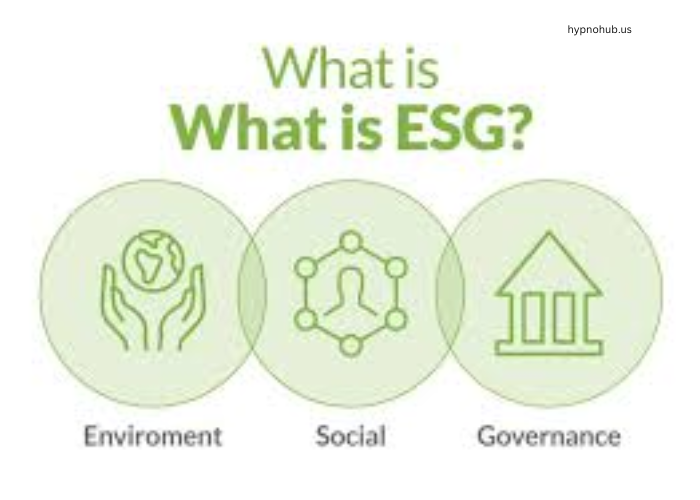In recent years, environmental, social, and governance (ESG) investing has transitioned from a niche strategy to a cornerstone of modern finance. Investors, corporations, and regulators alike have recognized the value of integrating ESG considerations into financial decision-making. This shift reflects not only a growing awareness of global challenges like climate change and social inequality but also the realization that addressing these issues can drive sustainable, long-term returns.
What is ESG Investing?
ESG investing is a framework that evaluates investments based on their environmental impact, social responsibility, and governance practices. It moves beyond traditional financial metrics to assess how companies manage risks and opportunities related to these three pillars:
- Environmental: Factors such as carbon emissions, energy efficiency, waste management, and biodiversity conservation.
- Social: Issues including employee relations, diversity and inclusion, community engagement, and human rights.
- Governance: Corporate leadership, board diversity, executive compensation, and ethical business practices.
The Rise of ESG Investing
The rise of ESG investing has been driven by several key factors:
- Consumer and Investor Demand: Millennials and Gen Z investors, in particular, are more likely to prioritize investments that align with their values. As these generations accumulate wealth, their preferences are shaping market trends.
- Corporate Accountability: Companies are under increasing pressure from stakeholders to demonstrate responsibility and transparency in their operations. ESG reporting has become a standard practice for many organizations.
- Regulatory Frameworks: Governments and regulatory bodies worldwide are implementing policies that encourage or mandate ESG disclosures. For example, the European Union’s Sustainable Finance Disclosure Regulation (SFDR) requires financial market participants to provide detailed ESG information.
- Risk Mitigation: ESG factors can highlight potential risks that traditional financial analysis might overlook, such as exposure to regulatory changes, reputational damage, or climate-related disruptions.
Benefits of ESG Investing
- Enhanced Financial Performance: Numerous studies have shown a positive correlation between strong ESG performance and financial returns. Companies with robust ESG practices often demonstrate better operational efficiencies, lower costs, and improved profitability.
- Risk Management: ESG investing enables investors to identify and mitigate risks associated with environmental, social, and governance issues, leading to more resilient portfolios.
- Long-Term Value Creation: By focusing on sustainable practices, ESG investing promotes long-term value creation for shareholders and other stakeholders.
- Positive Societal Impact: Beyond financial returns, ESG investing helps drive positive societal change by supporting companies that prioritize sustainability and ethical practices.
Challenges in ESG Investing
Despite its benefits, ESG investing faces several challenges:
- Lack of Standardization: There is no universally accepted framework for ESG metrics, leading to inconsistencies in reporting and evaluation.
- Greenwashing: Some companies exaggerate or misrepresent their ESG initiatives to attract investors, creating a challenge in distinguishing genuine efforts from superficial claims.
- Data Quality and Transparency: Reliable and comparable ESG data remains a hurdle, as companies often report metrics selectively or inconsistently.
The Future of ESG Investing
The future of ESG investing looks promising as advancements in technology, data analytics, and regulatory frameworks address current challenges. Artificial intelligence and blockchain, for example, are improving the accuracy and transparency of ESG data. Furthermore, initiatives like the Task Force on Climate-related Financial Disclosures (TCFD) and the International Sustainability Standards Board (ISSB) are working towards harmonizing global ESG standards.
As the world grapples with pressing issues such as climate change, resource scarcity, and social inequality, ESG investing will likely become even more integral to financial markets. Investors who prioritize ESG factors will not only contribute to a more sustainable future but also position themselves to capitalize on emerging opportunities in the evolving economic landscape.
conclusion
ESG investing represents a fundamental shift in the way financial markets operate. By aligning profitability with purpose, it underscores the potential for finance to drive both economic growth and societal well-being.





